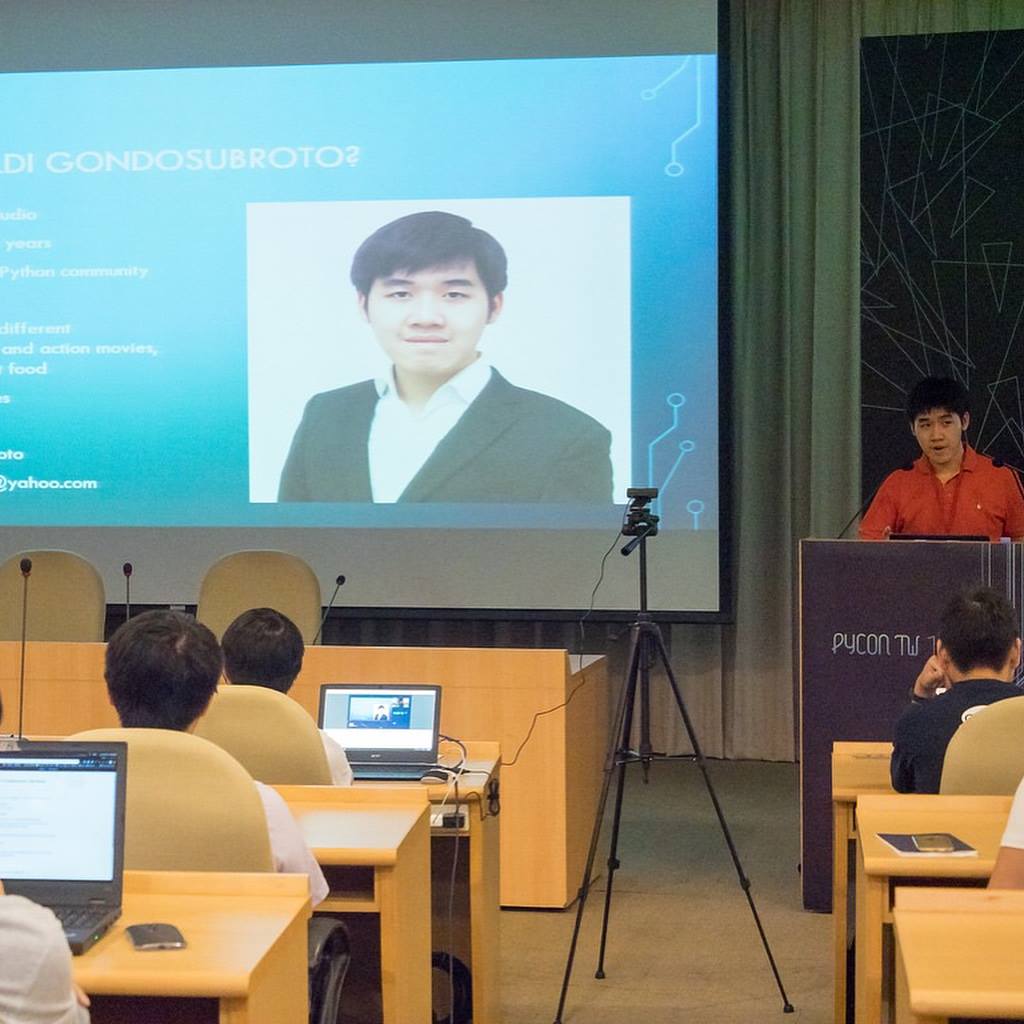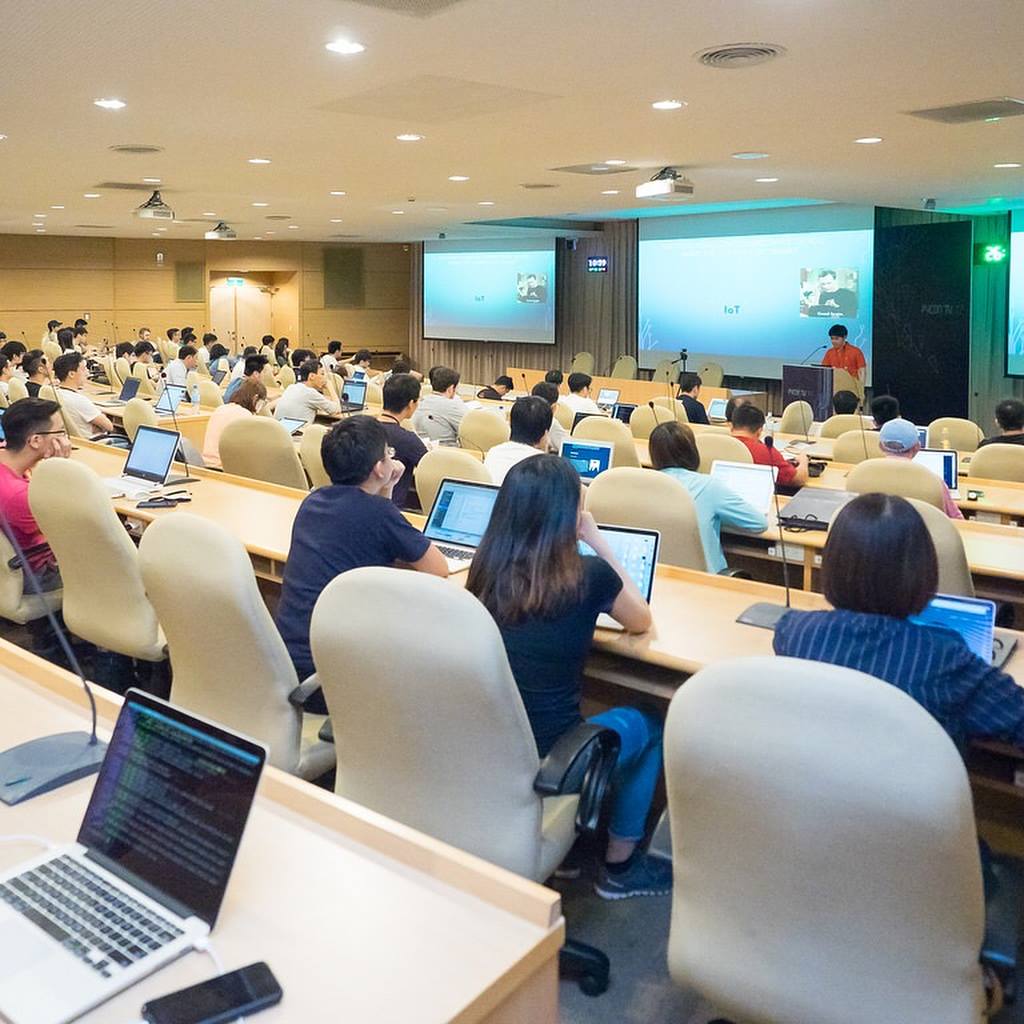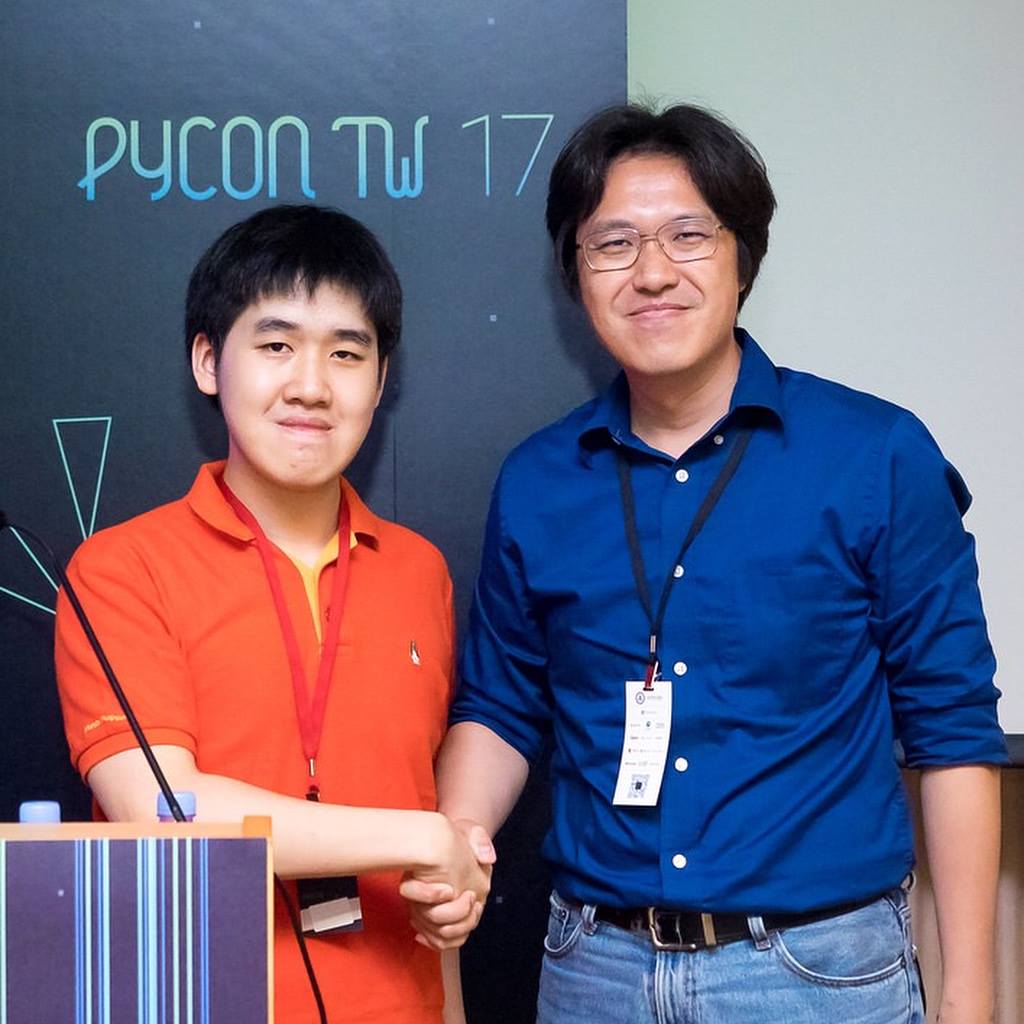Attending PyCon Taiwan 2017 was an incredible experience that deepened my understanding of Python and its diverse applications, especially within the realm of machine learning and IoT. The conference was held over three days, packed with inspiring keynotes, informative talks, hands-on workshops, and engaging community events. Here’s a detailed account of my experience and the learnings I brought back to share with my community.

Day 1: Opening and Keynote Insights
The first day started with the keynote by Hsuan-Tien Lin, which set an inspiring tone for the conference. His talk on data science and machine learning provided deep insights into how Python is revolutionizing these fields. The keynote was followed by a refreshment break, during which I had the opportunity to network with fellow attendees and discuss the various projects we were working on.
My Talk: PyOT – The Merge Between Python and the Internet of Things Concept
One of the highlights of the first day for me was delivering my talk titled “PyOT – The Merge Between Python and the Internet of Things Concept.” This talk aimed to explore how Python has been instrumental in advancing the IoT landscape. I began by discussing the basics of IoT and how Python’s simplicity and versatility make it an ideal language for IoT projects.

I showcased several projects that demonstrated the practical applications of IoT using Python, including some of my own. For instance, I highlighted a project where I developed a smart home system that utilized Python to integrate various sensors and devices, creating a seamless and efficient home automation experience. The audience was particularly interested in how Python could be used to build scalable IoT solutions, and we had an engaging Q&A session where we delved into the technical details and future possibilities of IoT in Python.
Day 2: Diverse Talks and Hands-On Learning
The second day of the conference featured a diverse range of talks. I attended several sessions that broadened my understanding of Python’s capabilities. One memorable session was “TensorFlow Wide & Deep: Data Classification the Easy Way” by Yufeng Guo. This talk provided a deep dive into TensorFlow, showcasing its power and flexibility in building machine learning models.
I also participated in a workshop on integrating Slack with Docker to build an online interview system using Jupyter. This hands-on session was incredibly valuable as it demonstrated the practical applications of Python in creating innovative solutions for remote work and education.
Day 3: Unconference and Community Engagement
The final day of PyCon Taiwan 2017 included an “unconference” track, which was a unique and interactive experience. Attendees had the opportunity to propose and vote on session topics on the spot. I proposed a session on “Future Developments in IoT with Python,” which received positive feedback and participation. This session allowed us to brainstorm and discuss emerging trends and innovations in the IoT space, emphasizing Python’s role in driving these advancements.
Sharing My Learnings
Upon returning from PyCon Taiwan, I was eager to share my experiences and insights with my colleagues and the broader community. I organized several internal sharing sessions at my company, where I presented key takeaways from the conference. These sessions covered a range of topics, including advancements in machine learning with TensorFlow, practical applications of IoT using Python, and innovative solutions for remote work and education.
I also wrote detailed blog posts summarizing my experiences at PyCon Taiwan. These posts included highlights from the keynote speeches, summaries of the sessions I attended, and my own talk on PyOT. The blog posts served as a valuable resource for those who could not attend the conference, providing them with insights and inspiration to explore new projects and technologies.
Encouraging Community Participation
One of the most rewarding aspects of sharing my experiences was seeing the increased interest and participation in open-source projects and Python conferences among my colleagues. The internal sharing sessions sparked curiosity and motivated many to contribute to open-source projects and attend future conferences. By showcasing the benefits of participating in events like PyCon Taiwan, I was able to foster a culture of continuous learning and community engagement within my company.
Conclusion
PyCon Taiwan 2017 was a transformative experience that not only enriched my knowledge but also allowed me to contribute to the Python community.

From delivering my talk on the integration of Python and IoT to participating in diverse sessions and workshops, the conference was a testament to the collaborative and innovative spirit of the Python community. I look forward to attending future PyCon events and continuing to share my learnings and experiences with the broader community.
No responses yet